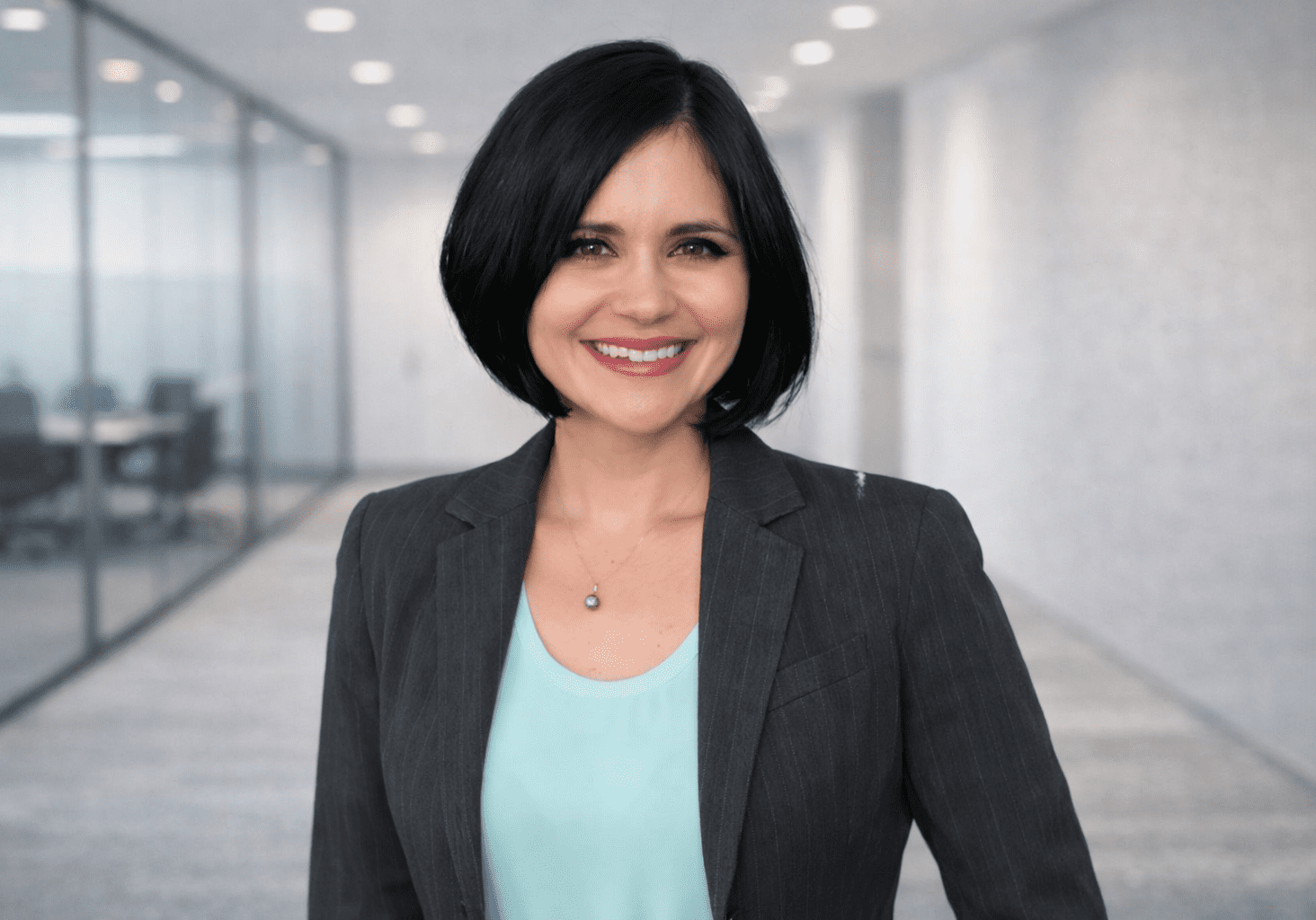Ninth Circuit Confirms Settlement Agreement with Pension Fund Was a Non-Assignable “Financial Accommodation”
In In re Svenhard’s Swedish Bakery, No. 23-60045, —F.4th—-, 2025 WL 2627837 (9th Cir. Sept. 12, 2025), the Ninth Circuit Court of Appeals addressed whether a bankrupt employer could assume and assign a settlement agreement that significantly reduced its withdrawal liability to an ERISA-governed pension plan. The court ultimately held that the agreement constituted a “financial accommodation” under the Bankruptcy Code and therefore could not be assumed or assigned in bankruptcy.
Svenhard’s Swedish Bakery, a longtime contributor to the Bakery and Confectionary Union and Industry International Pension Fund, faced financial difficulties and sold its business to U.S. Bakery (USB). Following the move of operations and closure of its Oakland facility, Svenhard ceased contributions to the pension plan, triggering a withdrawal liability of nearly $50 million and additional delinquent-contribution liability.
Rather than pursue the full amount, the Pension Fund entered into a settlement that allowed Svenhard to extinguish the $46 million withdrawal liability for just $3 million, payable in monthly installments over 20 years. The agreement expressly noted that this arrangement was necessary because of Svenhard’s limited assets and was designed to allow the company to continue operating.
Svenhard soon defaulted, entered Chapter 11 bankruptcy, and later sought to assume and assign the settlement agreement to USB as part of a larger litigation compromise. The bankruptcy court denied the motion, finding the agreement both non-executory and a prohibited “financial accommodation.” The Bankruptcy Appellate Panel affirmed on the first ground, and Svenhard appealed to the Ninth Circuit.
The Ninth Circuit affirmed on narrower grounds, holding that the agreement was a “financial accommodation” under § 365(c)(2) of the Bankruptcy Code. That provision bars a debtor from assuming or assigning contracts that involve loans, debt financing, or financial accommodations for the benefit of the debtor.
Looking to the ordinary meaning of “accommodation” at the time Congress enacted the statute, the court explained that the term broadly encompassed financial favors—such as accepting less than full payment because of a debtor’s inability to pay. The settlement agreement fit squarely within that definition, as it reduced Svenhard’s liability from tens of millions to a mere fraction expressly because of its financial distress.
The court rejected Svenhard’s argument that only loans or extensions of credit qualify as “financial accommodations,” noting that Congress used the terms “loans,” “debt financing,” and “financial accommodations” separately, signaling distinct meanings. Because the settlement was granted to relieve Svenhard’s inability to pay, it fell within the statutory bar and could not be assumed or assigned. The Ninth Circuit affirmed the lower courts’ rulings, holding that the settlement agreement was a non-assignable “financial accommodation” under § 365(c)(2) of the Bankruptcy Code.
This decision reinforces that bankruptcy courts will interpret “financial accommodations” broadly under § 365(c)(2). Employers cannot use Chapter 11 to transfer favorable settlements with ERISA pension funds—or other arrangements that essentially serve as financial favors—to third parties. For multiemployer pension plans, the ruling underscores that deeply discounted withdrawal liability settlements will be protected from assumption and assignment in bankruptcy, safeguarding funds against strategic transfers designed to shift obligations.
*Please note that this blog is a summary of a reported legal decision and does not constitute legal advice. This blog has not been updated to note any subsequent change in status, including whether a decision is reconsidered or vacated. The case above was handled by other law firms, but if you have questions about how the developing law impacts your ERISA benefit claim, the attorneys at Roberts Disability Law, P.C. may be able to advise you so please contact us.
Get The Help You Need Today

LEAVE YOUR MESSAGE
We know how to get your insurance claim paid. Call today at:
(510) 230-2090

